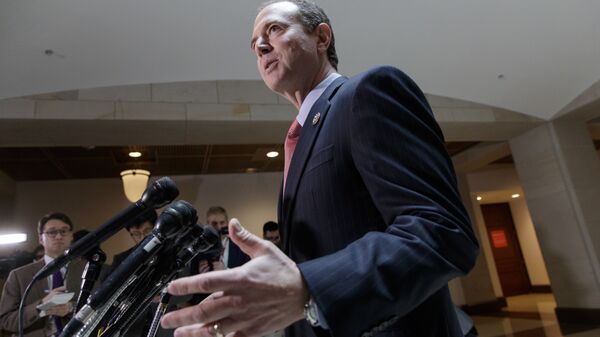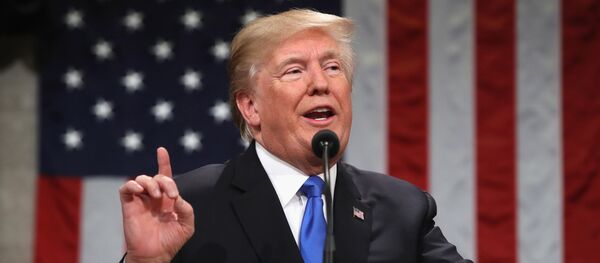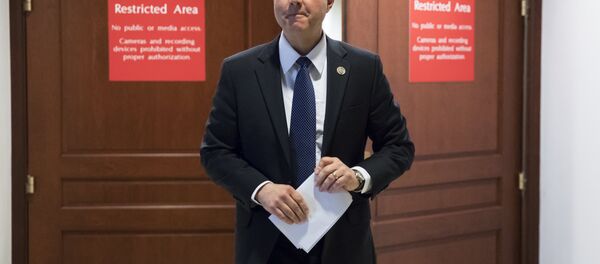Brian Becker and John Kiriakou of Radio Sputnik's Loud & Clear were joined by Ted Rall, an independent political cartoonist and nonfiction writer and Jim Kavanagh, progressive journalist and editor of ThePolemicist.net, to discuss the new memo.
"Do we really have to keep having this discussion?" Rall asked. "This is what happens with every single development in this Russiagate thing. I'm cracking up because it's so ridiculous, it's just like people forgot how to do journalism or something. Even according to mainstream media sources like NPR, we have headlines like 'The FBI investigated other people,' 'Republicans have not budged from their earlier attack,' 'The feds collected valuable intelligence,' whatever that means, from Carter Page."
"If I ever have any trouble with insomnia I'm going to reread the Democratic memo. It's even lamer than the Republican one. It's a triple-pounder nothing burger."
"I agree with Ted," said Kavanagh. "Why do we keep talking about this? It's so boring and silly at this point. Not just this show, it's the entire media apparatus is still with us all day, 24 hours, and there's so little to it. First of all, both of these memos are supposed to be a big hit with the story to the public, but there's nothing dramatic to either of them."
"They're both interpretations of underlying documents that we don't have even have. Even Carter Page said today that we should release all the underlying documents if we're going to get anywhere over this particular issue of just how bad the FBI investigation was. We've got to see the underlying documents, otherwise you just listening to the different parties pitching versions of what happened," Kavanagh continued.
"There is one document that's interesting that [famous NSA whistleblower] Bill Binney brought out a few weeks ago, which is a document from the FISA Court from April 17, saying that in October 2016 the government applied the court of significant noncompliance with the NSA's minimisation procedures involving queries or data regarding US persons."
Becker asked Kavanagh to parse the jargon. "What it's saying is that the NSA was using criteria to spy on Americans that were too broad," he explained. "They were catching up a lot of people in the Trump campaign by using too broad criteria and they hid the problem from the court. It came back, they acknowledged it, and the court gave them two or three extensions to rewrite. So there were some problems [with government surveillance] that are known for sure, but nobody's talking about that."
But it's well-known that the US intelligence apparatus' abuses of privacy go deeper than Binney's recent exposure. "After the Edward Snowden revelations in 2013, there was a lot of spotlight on the so-called FISA court, which literally rules against the government fewer than five out of a 1,000 requests," Rall said. "There is no opposition: when the FBI or the NSA say they want a warrant, there's no one else in the room who says, 'I'm from ACLU, I'm advocating on behalf of privacy rights.'"
"What we call these links or connections to Russia, we used to call that in the McCarthy era a 'smear.' There are 'ties' between Donald Trump and Russia because I've been to Russia and I've met Donald Trump when I worked on Wall Street. Therefore, there are ties between Donald Trump and Russia."
"That's of course completely nonsensical: it is a truth that has no impact, it's saying something that might be technically true but doesn't mean anything. There is no evidence, forget about truth or even strong indications, it's an agenda on the part of corporate media to take down this president by these means — which is parenthetically odd, because there's so many great grounds for impeachment."






